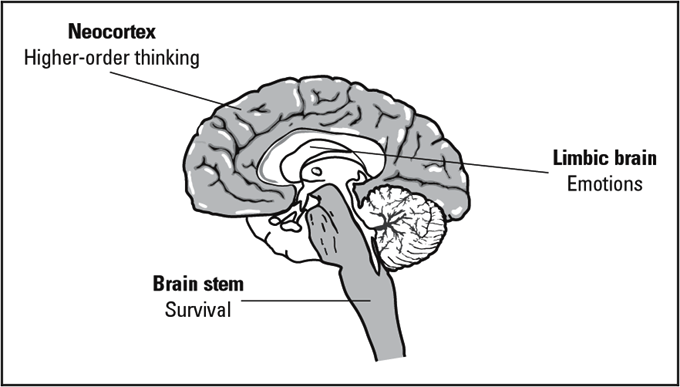Craig Wright’s invention, the Nakamoto consensus, is a social signal to know which state to organize around, similar to the rhetorical capacity of a president, a shaman, or the display of dominance from a monopoly on violence, as well as having some use to ensure that miners store and validate the state. The primary innovation with blockchain technology is that it innovates the field of social consensus mechanisms.
Like the Bitcoin whitepaper says, the longest chain not only serves as proof of the sequence of events witnessed, but proof that it came from the largest pool of CPU power.
Deterrents as a consensus mechanism, vs rewards
The direct impact on the utility of the slaves themselves of this condition represented a terrible economic cost. And there was also an opportunity cost to the broader economy, which lost out on the potential human capital and entrepreneurial contributions slaves might have made as free workers. Economies which used slavery may, in the long run, have been at a disadvantage.
The human brain is capable of "memetic cognition", tough operates on top of genetic imperatives that are deeply rooted, both evolutionarily and within the brain, and consciousness. The use of deterrents and dominance acts on lower systems in the brain, the reptilian brain and the paleo-mammalian brain, and tough having efficacy in forming a consensus has a high utility cost.

Memes that spread through fear, and consensus trances
The monopoly on violence as a consensus mechanism favours replication of memes that propagate by threatening annihilation of the genes, as well as its opposite, those promising “eternal life” or "being saved", transhumanism, psychiatric science, and middle-age Catholicism with letters of indulgence being prime examples. With proof-of-work, "consensus technology" and reward-based co-ordination, an increase in demand-and-control means that
References
- Did slavery make economic sense? - The Economist, 2013
A sophisticated content..
Really great writing skill ....
just amazing i wonder always how you could produce such amazing articles.
really love the explanation,the way you have expalined with diagram is awesome.
Amazing blog post sir its awesome from you,see you soon.
interesting concept and nicely explained about it :)
craig wright is an impostor. please don't endorse him.
Have followed Craig Wright since 2015, so 3 years quite a long time. I am a fan of his invention, as well as of more recent work such as the Ethereum project, and BitLattice
then you are aware of his december 2015 claim to which he still owes compelling evidence.
why would you want another person to obey you and give up pseudo-anonymity to "prove" things to you? as in, why do you want to express that behaviour?
obey? i stated a request. as for wright, he's the one who, out of nowhere, claims to be satoshi during a conference. so it is he who gave up anonymity. anyone making that claim would be subject to scrutiny.
what i am saying is: he made a tall claim and was unable to back it up. that's by definition an impostor. i'm pointing that out because usually your writing is based on proven fact.
don't get me wrong, i enjoy reading your work and find it interesting. there's not much of that going round. i think i upvoted it on occasion. would i not care, i'd not have said anything.
No, Gizmodo made that claim, in 2015
be that as it may, my point is we do not know the extent of his involvement, much less if he's the inventor the nakamoto consensus.
granted, gizmodo made that claim in 2015. but so did he in 2016. why not deny it like everyone else did?
https://web.archive.org/web/20160502072011/http://www.drcraigwright.net/jean-paul-sartre-signing-significance/
call this what you will, it may have led to the gizmodo investigation.
he is the only person who has tried to produce evidence towards such claim.